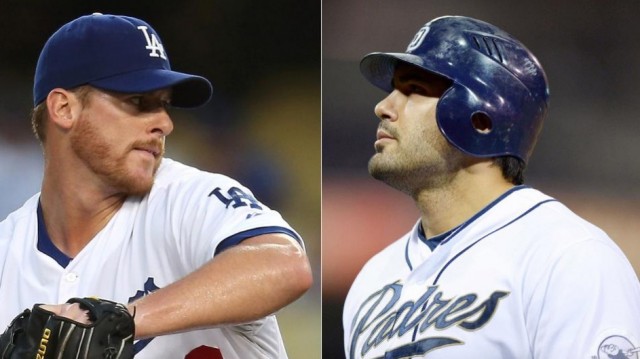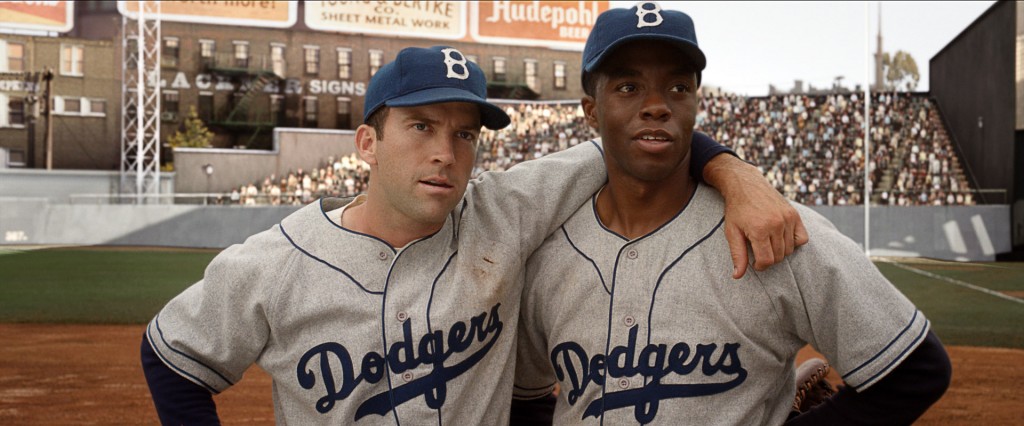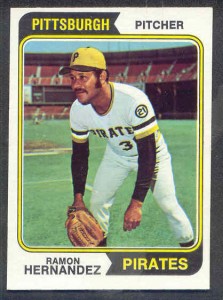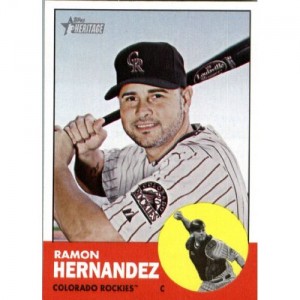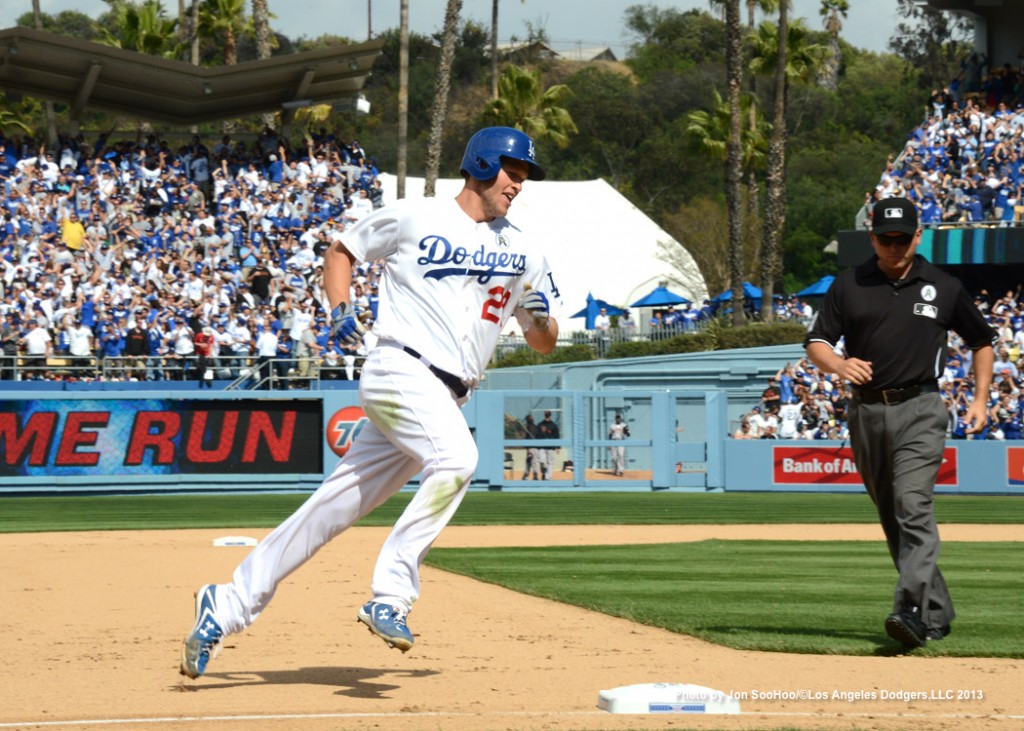I was angry, so I can only imagine how the Dodgers felt.
The idea that Zack Greinke was trying to hit Carlos Quentin with a 3-2 pitch in the sixth inning of a one-run game was ludicrous. So was the idea that Quentin, who is notorious for not getting out of the way of anything in his hemisphere (already, at age 30, ranking seventh among active players in career HBPs), should have taken offense at the run-of-the-mill shoulder-high pitch from Greinke.
When Quentin paused and then charged the mound, the less composed side of myself felt that it was less out of anger and more out of seizing an opportunity to simply injure a rival team’s star. That’s probably wrong, but at best, it takes a pretty huge ego and an even larger blind spot to think what Greinke did was intentional, even if they had a spat a blue moon ago.
The consequences were serious, as Greinke didn’t run away from Quentin but lowered his left shoulder to take the initial hit from the Padre as the wrestling match began and the benches cleared. That Matt Kemp (who was buzzed near the head early in the game) and Jerry Hairston Jr. were ejected along with Quentin was one thing, but the possibility that Greinke, who left the game with trainer Sue Falsone, might be hurt was quite another.
And immediately after the game came the news. Greinke had suffered a fractured left collarbone.
The official statement from the Dodgers: “Zack Greinke sustained a left fractured clavicle. He was immobilized with a sling and will return to Los Angeles to be evaluated by Dr. Neal ElAttrache tomorrow.”
“A 2-1 game and we’re trying to hit him 3-2? It’s just stupid,” Dodger manager Don Mattingly said after the game. “He should not play a game until Greinke can pitch. If he plays before Greinke, something is wrong.”
Mattingly’s dreaming, of course, and he knows it. “Their guy will probably be playing in three days,” he added. The Dodgers will have to move on despite the injustice.
Back to the game. On their heels, the Dodgers surrendered the tying run one batter later when Quentin’s pinch-runner, Alexi Amarista, scored on a Yonder Alonso single after going to second base on a Chris Capuano wild pitch. (The Padres’ first run also happened to score in the fourth inning on a Greinke wild pitch, halving the two-run lead Adrian Gonzalez’s first homer of the year gave the Dodgers.)
With Dodger fans’ teeth bared, Los Angeles escaped a two-out, two-on jams in that inning and the next, before Juan Uribe came up as a pinch-hitter in the top of the eighth. Rarely has a player held in such disfavor by the multitudes done himself such a service. Uribe tomahawked a Luke Gregerson pitch over the left-field wall for his second home run of the series, giving the Dodgers a 3-2 lead (and, incidentally, knocking Clayton Kershaw out of the top ranks of Dodger home run hitters after nearly nine games).
Uribe, said Vin Scully, was so emotional returning to the Dodger dugout after he blast that it appeared he was close to tears.
And so it went to the bottom of the ninth. With Brandon League having thrown 34 pitches the previous night, Kenley Jansen was given the save assignment. Cody Ransom struck out, Chris Denorfia popped out and Everth Cabrera flied out, giving the Dodgers the victory.
The Dodgers and Padres next meet Monday. April 15. Jackie Robinson Night. On an evening that is meant to honor baseball’s greatest achievement, it could be one that instead pays homage to Robinson’s competitive spirit.

